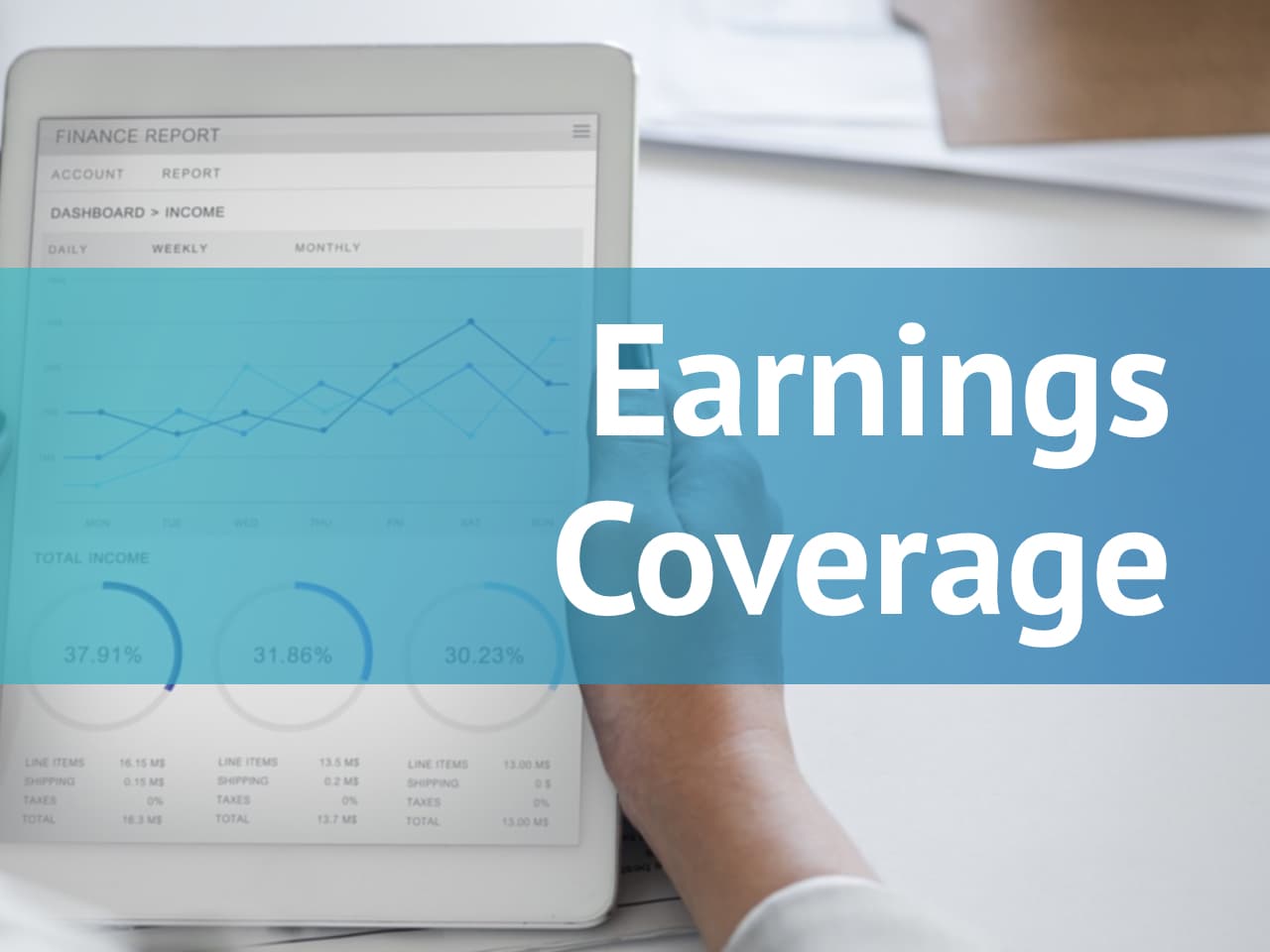Credit Karma recently unveiled a consumer guarantee (called the Credit Karma Guarantee) that promises to pay you $50 if the credit card issuer denies your application for a credit card recommended for you by Credit Karma. In other words, Credit Karma is so confident in its credit card recommendations that it’s willing to lose $50 every time it’s proven wrong.
As far as I can tell, the Credit Karma Guarantee — or simply the Karma Guarantee — is unique in the credit card and banking world. All major credit card issuers use preapproved offers to market their products, but they don’t call them “guarantees” and the offers’ fine print always clarifies that recipients must still go through the usual application and underwriting process. The Karma Guarantee is bolder and potentially more appealing to credit card applicants who’d understandably prefer not to waste time on futile credit card applications.
That’s not to say the Karma Guarantee is a good thing for credit card users. In fact, after diving into the details, I’m convinced that it’s not.
What Is the Credit Karma Guarantee?
The Karma Guarantee states: “If you aren’t approved for a credit card offer with the Karma Guarantee, we’ll send $50 your way.”
I pulled a slightly longer explanation from Credit Karma’s website:
If you’re declined for an offer covered by the Karma Guarantee, you can get your money in one of two ways:
- As a deposit in an open, unlocked Credit Karma Spend account — Credit Karma clearly prefers this option.
- As a prepaid card or gift card — this appears to be an option only if you don’t have an eligible Spend account and don’t want to open one, but you still must have a Credit Karma member account.
Not all Credit Karma offers have the Karma Guarantee. The guarantee only applies to offers that show the label. On other offers, the usual Credit Karma terms apply — and there’s no cash payment for declined applications.
Credit Karma advises users to keep checking back if they don’t see the Karma Guarantee on an offer they like. That makes it sound like Credit Karma plans to expand coverage in the near future, but the company hasn’t said much in public about its plans.
Credit Karma Guarantee: How It Works, Fine Print & Exclusions
Before you attempt to take advantage of the Karma Guarantee, understand how it works, when it doesn’t, and why it exists in the first place.
How the Karma Guarantee Works
The Karma Guarantee works as follows:
- When you log into Credit Karma and navigate to the credit card offers section of the site, you may see offers marked with the Karma Guarantee badge.
- Credit Karma uses a proprietary algorithm to select these offers for you based on what it knows about your credit history and financial profile — most importantly your credit score, but also your income, existing credit card debt, and other factors.
- To take advantage of a Karma Guarantee offer, you must begin and complete your application while signed into your Credit Karma account.
- If the issuer denies your application for a Karma Guarantee offer and you’re not subject to any of the exclusions detailed below, you’ll receive an email saying you’re eligible for a Karma Guarantee payment.
- By default, your $50 payment goes to your Credit Karma Money Spend account within 60 days of the declined offer.
- If you don’t have an open or eligible Spend account, you’ll receive another email with instructions on how to receive the payment as a prepaid card or gift card. Additional restrictions apply here.
Fine Print and Exclusions
The Karma Guarantee sounds straightforward, and anecdotal evidence suggests that at least some Credit Karma users who are eligible for the guarantee have gotten their $50. But the guarantee also has significant and potentially confusing restrictions and exclusions certain to impact users who believe they’re eligible at first. Big ones include:
- Limited Offer Availability. The Karma Guarantee is only available on a scattered basis for now. It’s entirely possible your personalized Credit Karma offers won’t include any Karma Guarantee badges.
- For Signed-In Credit Karma Account Holders Only. You need a Credit Karma account to qualify for the Karma Guarantee. That’s understandable, but you also have to remain signed in during the entire application process. That part could be out of your control if, say, you interrupted your application to help your kid with their homework and returned to it to find you’d been timed out.
- Just One Payment in Any 90-Day Period. No matter how many eligible offers you take advantage of, you’re limited to no more than one Karma Guarantee payout in any rolling 90-day period. At most, that’s four per year, or $200 total.
- May Not Work If You Already Have an Account With the Same Issuer. Credit Karma makes clear that it has no control over issuers’ application procedures. If the issuer declines or decides not to process your application because you already have an account with them, Credit Karma won’t make good on the guarantee.
- May Not Work If You Recently Applied for Another Credit Card With the Same Issuer. Credit Karma won’t make good if the issuer declines your application because you applied for another card of theirs in the past 90 days. Like the “same account” guideline, Credit Karma spins this decision of being totally out of its control, and it is — but it’s nevertheless a big exception to the guarantee.
- May Not Work If You Already Have an Application in Process With the Issuer. If the issuer declines your application because it’s still processing another one, Credit Karma reserves the right not to make good on the guarantee.
- No Recourse With the Issuer. Even as Credit Karma disclaims any responsibility for issuers’ underwriting decisions, it allows you no recourse with the issuer to appeal a Credit Karma decision you believe is unfair. If Credit Karma claims the issuer declined your application in a way that absolves Credit Karma of responsibility to pay your $50, but the issuer says otherwise, that’s too bad. Credit Karma’s decision is final, even if it’s wrong.
- Time Limit on Claims. If you have a Credit Karma Money Spend account, Credit Karma is obligated to pay your $50 within 60 days of the denial, according to the Karma Guarantee’s fine print. But if you don’t have a Spend account, the ball is in your court. You have to tell Credit Karma that you want a prepaid card or gift card within 90 days of the denial, or else you don’t get your money. The more promotional email you get, the likelier it is that any reminders from Credit Karma get lost in the shuffle.
This isn’t an exhaustive recounting of the Karma Guarantee’s fine print. Refer to Credit Karma’s offer page for more or contact them directly with questions.
Why Does Credit Karma Offer the Karma Guarantee?
The Karma Guarantee seems like a bad deal for Credit Karma, but it’s actually a smart marketing gimmick. The headline — $50 if we screw up! — inspires confidence in Credit Karma’s process and nudges hesitant applicants off the fence. Without any insider knowledge, I don’t know for sure if the Karma Guarantee has been a boon for Credit Karma’s business, but I’d be surprised if it hasn’t.
It’s possible, perhaps likely, that the Karma Guarantee exists for another reason. In 2022, Credit Karma agreed to pay $3 million to settle a Federal Trade Commission complaint that the company used deceptive “preapproval” offers to entice users to apply for credit cards through the site. According to the FTC, about a third of “preapproved” customers were denied credit, and at least one credit card issuer told the FTC they don’t make preapproved offers through Credit Karma.
Credit Karma disputed the FTC’s allegations, but the episode left a black mark on its reputation, and the company did agree to stop using the marketing practices that got it into trouble. Karma Guarantee offers aren’t marketed as “preapproved,” and despite the guarantee’s apparent boldness, Credit Karma makes painfully clear that it has no control over issuers’ approval decisions.
Bottom line: The Karma Guarantee is part marketing gimmick and part Credit Karma learning from (and doing its best not to repeat) past mistakes.
Is the Credit Karma Guarantee a Good Deal for Consumers?
The Karma Guarantee seems like a good deal for consumers at first, but it has some important shortcomings. Some are more obvious than others.
My TL;DR takeaway is that the Karma Guarantee is likely to cause more problems than it solves. That doesn’t mean you shouldn’t try to take advantage of it yourself — only that you should go in with eyes wide open and consider these potential risks before proceeding.
1. It Makes Applying for a Credit Card Seem Like No Big Deal
The Karma Guarantee implies that Credit Karma is so confident in its credit card recommendation algorithm that it’s willing to pay a not-insignificant amount to users it leads astray. The subtext is alarmingly close to, “Why not apply — what’s the worst that could happen?”
Sure, applying for a single credit card (whether you’re approved or denied) won’t ruin your life. But it’s not to be done lightly either. What happens next could put you in a bad position, especially if you’re approved for a credit card you’re not really ready for.
2. It Could Negatively Affect Your Credit Score
Credit Karma is so confident in its algorithm in large part because it has an up-to-date bead on your credit score. It tracks your score using a tool called a soft pull, which isn’t the kind of credit check that lowers your credit score.
The kind of credit check the issuer uses when you actually apply for a credit card can temporarily lower your credit score, however. This effect happens whether you’re approved for the card or not. And by trivializing the credit card application process, Credit Karma makes it more likely that you’ll apply for cards you don’t need or aren’t ready for, negatively affecting your credit score each time.
3. It Could Impact Your Eligibility for Relevant Credit Card Offers
Apply for too many credit cards in a short period of time (12 to 24 months) and your credit score will decline to the point that you’re no longer eligible for the most relevant offers. You’ll still probably see some tailored offers in your Credit Karma dashboard, but they’re more likely to be for the sorts of lower-limit credit-building or balance transfer cards you thought you’d outgrown, rather than perks-laden premium travel credit cards.
4. It Could Impact Your Future Credit Card Approval Chances
Separate from the potential credit score impact of too many applications in too short a period of time, the Karma Guarantee could put you in conflict with issuers’ internal application-frequency rules and temporarily freeze you out of large swathes of the credit card market.
Probably the best-known of these issuer-specific rules is Chase’s 5/24 rule, which automatically disqualifies you from approval for any Chase credit card (personal or business) if you’ve opened five or more personal credit cards with any issuer in the past 24 months. Yes, even if you have a perfect credit score and a bottomless bank account.
Because of issuer guidelines like the Chase 5/24 rule, it’s best only to apply for credit cards you actually need, when you need them. To the extent that the Karma Guarantee encourages you to apply for (and receive approval for) cards you don’t need, it could put you in a spot down the road where you’re unable to get a card you really do want.
5. It Could Sour You on the Credit Karma Brand
The Karma Guarantee’s hidden and not-so-hidden downsides could ultimately backfire on Credit Karma. The guarantee has too many restrictions, exclusions, and confusing bits to produce a reliably high-quality user experience.
For example, several commenters in this Reddit thread didn’t get paid when they thought they would or only later found out that they weren’t eligible for a payment they believed was theirs. Others complained about poor communication and unhelpful customer support from Credit Karma. Given Credit Karma’s popularity, I’m sure these stories are just the tip of the bad-PR iceberg.
Final Word
Over the years, Credit Karma has morphed from a simple but useful set of tools for understanding and improving your credit score to a more nakedly commercial fintech app that offers checking and savings accounts, paid credit-building plans, online tax preparation, and a vast array of financial product recommendations.
I’d wager Credit Karma relies on those recommendations for a plurality if not an outright majority of its revenue. They’re that lucrative.
How lucrative? Credit Karma earns anywhere from a few dozen to a few hundred dollars for each successful credit card account approval, depending on the card. So the Karma Guarantee costs Credit Karma less per user (at least on average) than the company makes on a single conversion. By increasing applicant confidence and perhaps encouraging inexperienced applicants to take the process less seriously than they should, it’s a sound investment in higher application volumes (and more approvals).
From Credit Karma’s perspective, the Karma Guarantee makes sense. And it could well work out for them for a while. But my take is that it’ll ultimately be bad for their reputation and their business — and that you should think carefully before applying for a credit card simply because it has a Karma Guarantee badge next to the name.



































